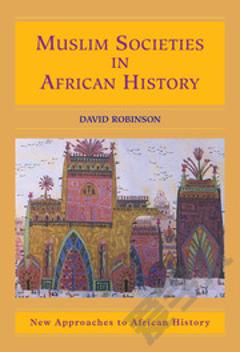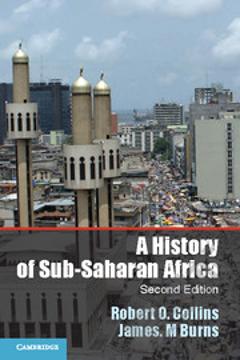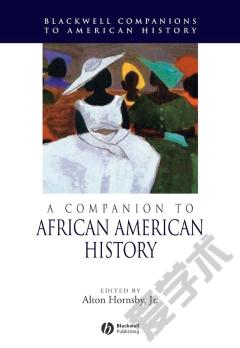Muslim Societies in African History
Muslim Societies in African History. By David Robinson. Cambridge: Cambridge University Press, 2004, Pp. xx, 220, 15 b/w illustrations. $55.00 cloth, $19.00 paper. Recent tragedies have pushed Islam to the forefront of our collective consciousness. In his Introduction, David Robinson writes that the complex histories of African Muslims "are critical to an understanding of the variety as well as the, aspiration for unity of the Islamic world and serve as an antidote to many interpretations of September 11" (p, xviii). This last goal may be out of reach, but the book does meet an acute need for teachable works on Muslim societies in Africa and elsewhere, and the author's sensitivity to the diversity, complexity, and commonality of Islamic experience make it uniquely valuable. Robinson's thirtyyear publication record has greatly advanced scholarship on the histories of West Africa and Islam; in this most recent work he has targeted an undergraduate audience. The book is cohesive, reasonably comprehensive, and approachable in cost, length, and style. It is divided into three parts Historical and Institutional Background, General Themes, and case Studies. Part I rapidly surveys the life and works of Muhammad, the early caliphates, and Islamic institutions. Any such endeavor is necessarily selective, and Robinson's choices highlight the personages and events that served as reference points for the actors in the case studies to follow. Some instructors will want to complement these chapters with more comprehensive treatments of the foundations of Islam and its spread to North Africa. Part II is intellectually ambitious, tackling both historical and historiographical themes. Robinson argues that conventional academic frameworks narrating the progressive adoption of Islam in sub-Saharan Africa-first by merchants, then by kings, and lastly by the people-are often useful but "do not begin to capture the complexity of Islamic practice in African history. They do not get at the ways in which Islamic practice was useful and used, nor the particular classes and vocations with which it was associated.... Nor do they show ... the ways in which African societies made Islam their own" (p. 28-32). Robinson reminds us that processes of Africanizing Islam were context specific but not fundamentally different from-or more exotic than-the domestication of religion in other places. "There is nothing pejorative about the africanization of Islam," he writes, but "there is something pejorative about the way that European and many Mediterranean-based Muslims have perceived 'African Islam' and the africanization of Islam" (p. 42). Those negative perceptions are associated with the history of the "European" and "Arab" slave-trading in Africa, a topic that Robinson treats deftly, but perhaps lightly, before moving on to Western perceptions of Islam and Africa. â¦
{{comment.content}}








 京公网安备 11010802027623号
京公网安备 11010802027623号